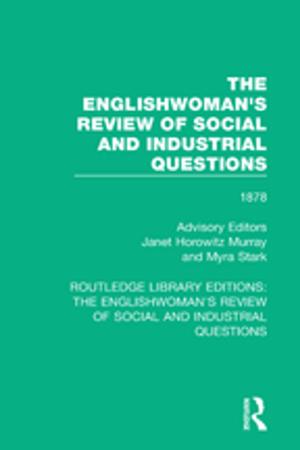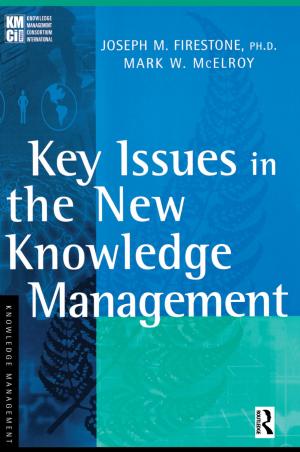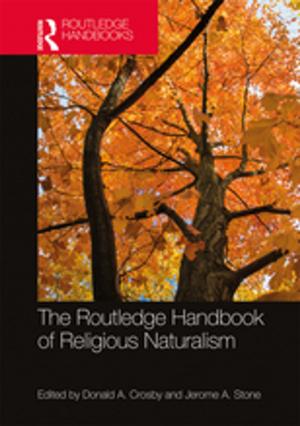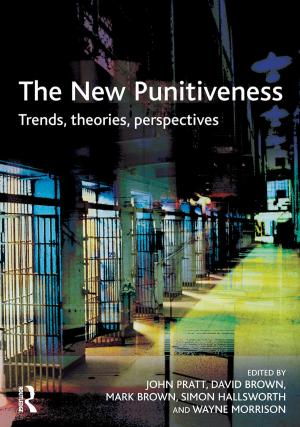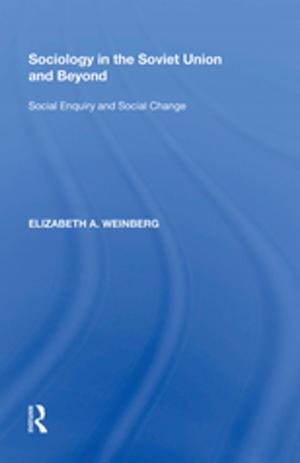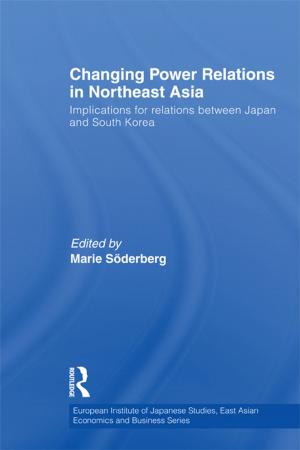Rural, Regional and Remote Social Work
Practice Research from Australia
Nonfiction, Social & Cultural Studies, Social Science, Social Work, Sociology| Author: | Amanda Howard, Meaghan Katrak, Tamara Blakemore, Phillip Pallas | ISBN: | 9781317060635 |
| Publisher: | Taylor and Francis | Publication: | May 26, 2016 |
| Imprint: | Routledge | Language: | English |
| Author: | Amanda Howard, Meaghan Katrak, Tamara Blakemore, Phillip Pallas |
| ISBN: | 9781317060635 |
| Publisher: | Taylor and Francis |
| Publication: | May 26, 2016 |
| Imprint: | Routledge |
| Language: | English |
This book gives voice to the direct practice experience of social workers working in rural and remote contexts using Australia as the primary case-study. The authors undertake a qualitative research project, conducting in-depth interviews to examine social work theory and practice against the reality of rural and remote contexts. Practice examples provide the reader with an insight into the diverse and complex nature of social work in rural and remote Australia and the role of contemporary social work.
Through placing rural and remote social work in its historical, theoretical and geographical contexts, this work explores a range of considerations. These include isolation; ethical dilemmas when working with small and closely linked communities; climate, disaster relief and the environment; community identity and culture; working with indigenous communities in remote contexts; and social work education.
Based on direct practice research, this book challenges existing theories of practice and reframes those to reflect the reality of practice in rural and remote communities. As social work must continue to critically reflect on its role within an ever changing and individualistic society, lessons from rural and remote settings around engagement, sense of place and skillful, innovative practice have never been more relevant.
This book gives voice to the direct practice experience of social workers working in rural and remote contexts using Australia as the primary case-study. The authors undertake a qualitative research project, conducting in-depth interviews to examine social work theory and practice against the reality of rural and remote contexts. Practice examples provide the reader with an insight into the diverse and complex nature of social work in rural and remote Australia and the role of contemporary social work.
Through placing rural and remote social work in its historical, theoretical and geographical contexts, this work explores a range of considerations. These include isolation; ethical dilemmas when working with small and closely linked communities; climate, disaster relief and the environment; community identity and culture; working with indigenous communities in remote contexts; and social work education.
Based on direct practice research, this book challenges existing theories of practice and reframes those to reflect the reality of practice in rural and remote communities. As social work must continue to critically reflect on its role within an ever changing and individualistic society, lessons from rural and remote settings around engagement, sense of place and skillful, innovative practice have never been more relevant.

